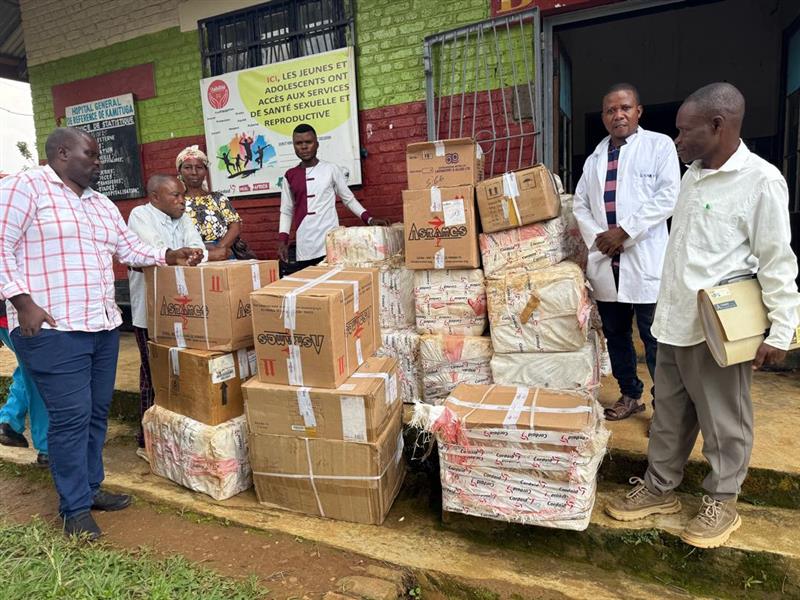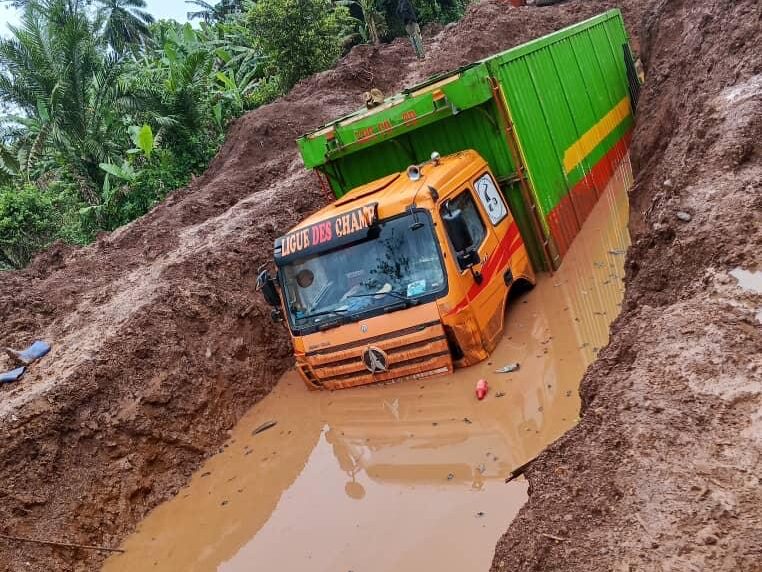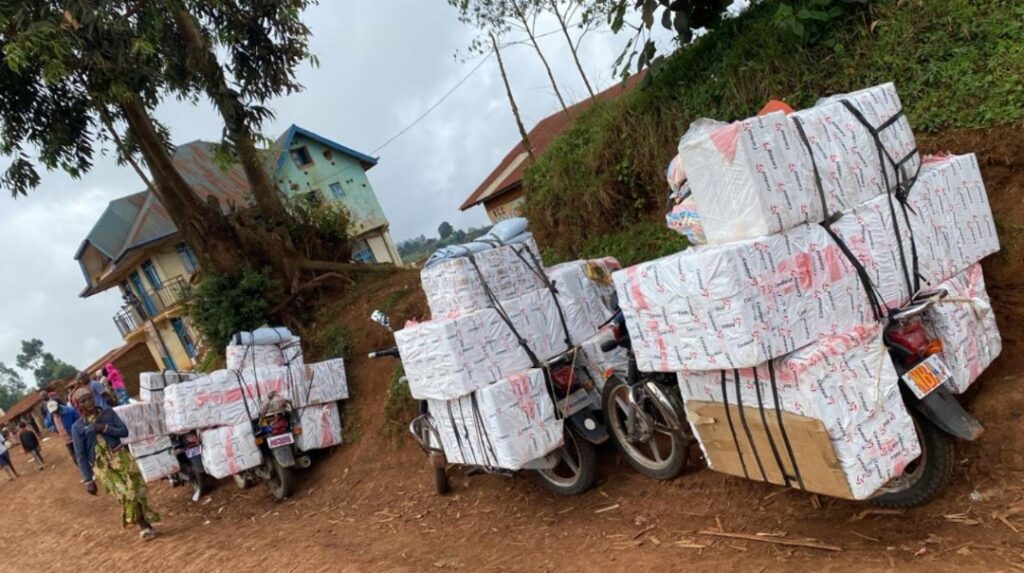At the Kamituga health centre in South Kivu, a mother is trying to soothe her five-year-old son. The antibiotics he needs are nowhere nearby, and the nearest supplies lie more than 180 kilometres away, along roads so degraded that even humanitarian convoys struggle to pass. For many families in the region, medicine is not simply scarce; it is often out of reach altogether.

Cordaid closes that distance by delivering medicines to remote health facilities in North and South Kivu, in an effort to reinforce a health system already strained by insecurity, displacement and chronic shortages.
A Health System Under Pressure
In recent months, health centres across the region have sounded the alarm over dwindling stocks. ‘To date, we have already served the 44 facilities planned in South and North Kivu,’ says Gracien, a pharmacist and field staff member on the S3G II project. This is the Great Lakes programme, funded by the Embassy of the Kingdom of the Netherlands, to contribute to stability through the prevention of and response to sexual and gender-based violence and the improvement of sexual and reproductive health and rights.
The deliveries include antibiotics, contraceptives, HIV medication, saline solutions, and various other kits with essential products related to sexual and reproductive health.

Health workers in Kamituga put their gratitude in writing, calling the supplies ‘vitally important’ in a signed letter to Cordaid.
‘This much-needed supply arrives at the right moment, when the shortage of medicines is being felt, with large numbers of people fleeing the growing insecurity in their villages and gathering in Kamituga Centre.‘
There is a direct link between medical shortages and the insecurity: as violence pushes people from their homes, clinics designed for hundreds must suddenly care for thousands.
The Only Way Through
Getting medicines to these centres, however, is a logistical test in itself. In parts of South Kivu, the roads are little more than carved-out scars of mud and rock. Vehicles regularly sink, break down or become stranded. So the Bukavu team turned to the only mode of transport that can navigate such terrain: motorbikes.

A small group of riders agreed to take on the two-day journey, carrying sealed medical packages across land where both security conditions and road conditions shift unpredictably.
Keeping Healthcare Functioning amid Conflict
For those making the trip, the risks are tangible. Blandine Mushayuma, a field staff member, describes the challenge with understatement: ‘Transporting medicines was not easy for two reasons: the volatile security situation and the impracticability of the road, which was in a state of advanced disrepair.’
Yet the riders persist, hauling boxes of antibiotics, saline and obstetric kits through conditions that would defeat most vehicles. Their work is largely unseen, but its impact is clear. Every parcel that reaches a clinic saves lives and is part of the struggle to keep crucial healthcare functioning amid conflict.